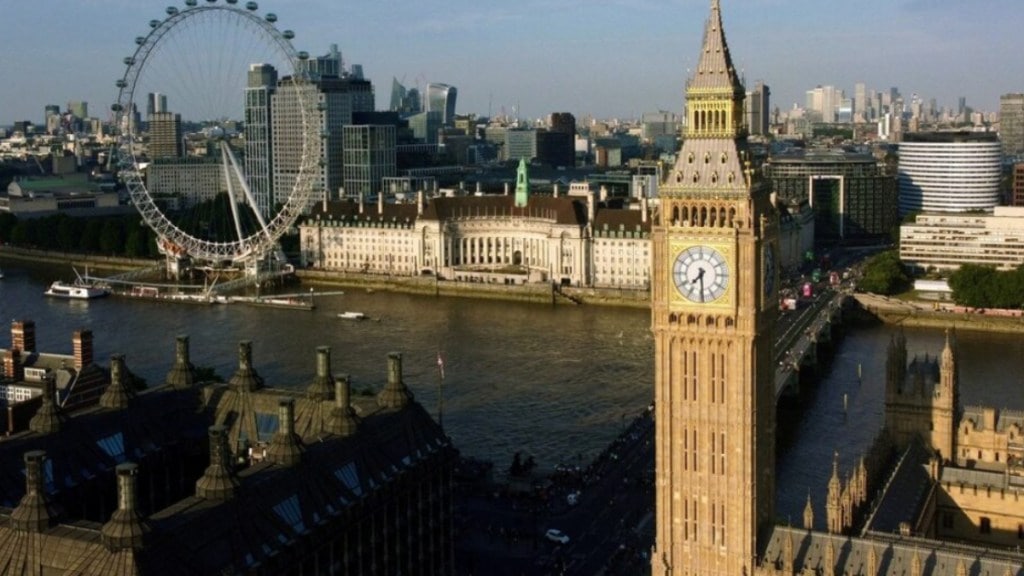London may soon be on the verge of implementing a tourist tax for visitors staying overnight in the British capital, Mayor Sadiq Khan has indicated.
According to the BBC, Chancellor Rachel Reeves is expected to give Khan and other civic chiefs the authority to do so through the English Devolution and Community Empowerment Bill, which is currently going through Parliament.
How much tax might tourists have to pay and will London benefit?
The proposed tax percentage is estimated to be around 5% of the accommodation cost or a fixed-rate equivalent, multiple reports have claimed. Estimates have also indicated that London, which saw 89 million overnight stays in 2024, could raise up to £240m a year by imposing this levy, according to the Centre for Cities, an independent, non-partisan urban policy research unit in UK.
The tourist levy would boost economic growth and improve the infrastructure and the business environment in London, the research unit also stated.
Khan and Greater Manchester Mayor Andy Burnham also wrote a letter to the culture secretary, Lisa Nandy, and Reeves urging the government to introduce a visitor levy.
They argued that a £1 to £5 a night levy in Greater Manchester would raise between £8m and £40 million a year, which could help fund infrastructure projects such as the regeneration of Old Trafford or airport development, the Guardian reported.
Other UK cities to also implement similar taxes
According to the Guardian, Edinburgh is poised to become the first city in Scotland to introduce a tourist tax at 5% next July, after the Scottish parliament passed a law last year granting councils the power to implement their own visitor levies.
In Wales, councils will have the power to charge £1.30 a person a night tax for most accommodation from April 2027.
Similar taxes imposed in other G7 cities
G7 cities including Paris, Munich, Milan, Toronto, New York, and Tokyo have overnight lodging or hotel taxes, which are fees charged to guests staying in hotels or similar accommodations with varying rates.

